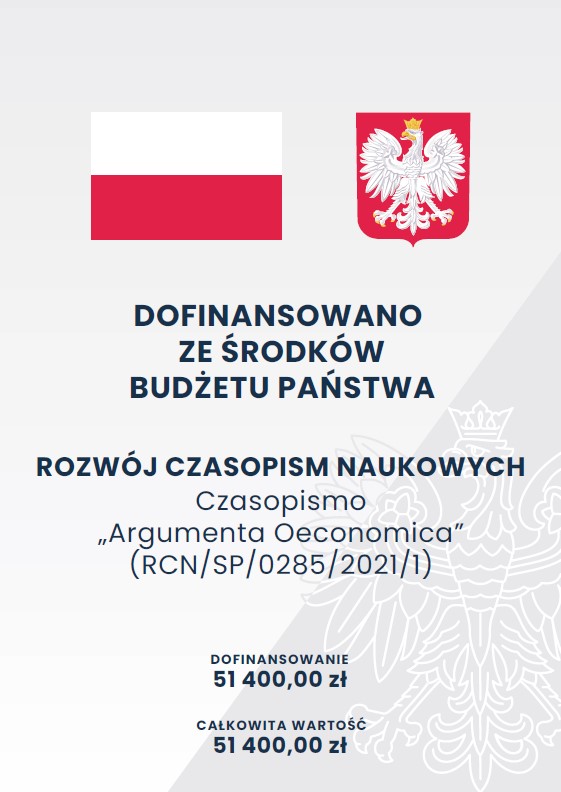The evolution of maternity attitudes in Polish society: A longitudinal perspective
Keywords:
discrete latent variable, heterogenous data, maternity, mixed latent Markov model, Social DiagnosisAbstract
Individual attitudes toward motherhood depend on one’s particular culture, values and beliefs. These, however, are usually transformed in the public’s opinion into aspects related to maternity and the image of a child. The negative attitudes toward maternity, in turn, affects the current demographic crisis in many countries in Europe. The study evaluated the changing attitudes toward motherhood in Poland in recent years (2009- -2015) on the basis of the Social Diagnosis longitudinal data. To show family-related behaviour and the changes over time, the author adopted latent mixed models to characterise the two groups of individuals (with a different number of states) at the beginning of the period of observation and to follow their evolution over time. The analysis of the changing propensity of childrearing in Poland seems to be pertinent especially because of the changes in Poland’s new child benefit programme, i.e. extending to one-year the length of maternity and paternity leaves, Family 500+, the first of which entered into force in the analysed period. Hence, the study presents the initial and transition probabilities estimated for five recognized states in two groups of Poles (one with traditional, and the other with more modern attitudes to motherhood). Despite the extension of social benefits, the author observed the negative tendency to childrearing of Polish society in the analysed period of time.Downloads
Download data is not yet available.
Downloads
Published
2023-02-23
Issue
Section
Articles
License
Copyright (c) 2023 Erik Šoltés, Silvia Komara, Tatiana Šoltésová, Martin Mišút

This work is licensed under a Creative Commons Attribution-ShareAlike 4.0 International License.








